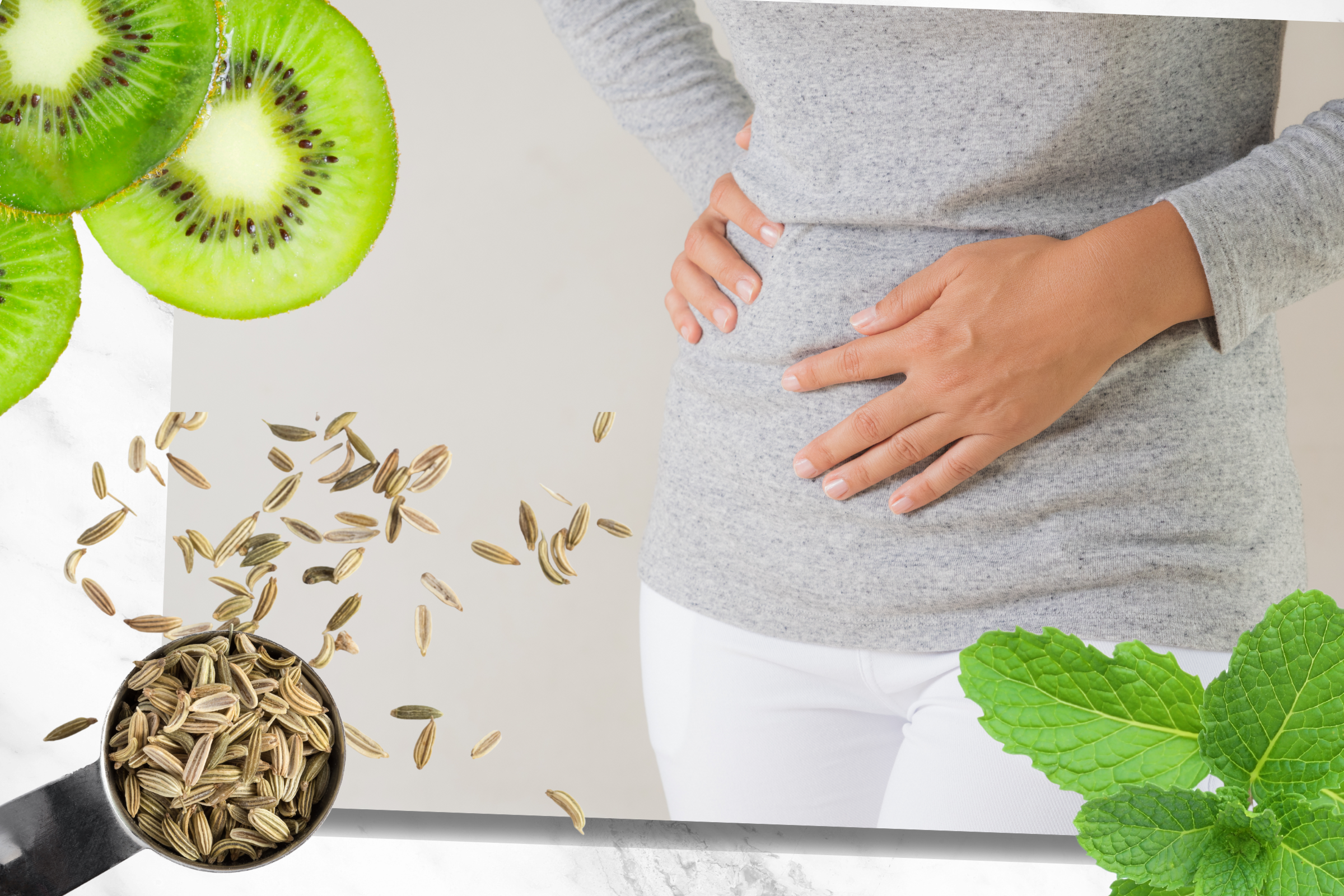Gut health – what you need to know

Gut health is increasingly on the agenda when it comes to staying healthy and well.
Scientific research shows that having a healthy gut has links to various areas of wellbeing. This includes staying slim, staving off disease and even enhancing mental health.
But what is it about our guts that makes them so important? Here we take a look at the various aspects of the gut, and what you can do to keep yours healthy.
What is the gut microbiome?

A good place to start when considering your gut health is to understand the microbiome. The gut microbiome describes the community of bacteria living in our guts.
Research is still in its infancy of exactly how the gut microbiome works. It’s been found that good bacteria living in the gut play a part in digestion, regulating appetite, balancing blood sugar and even creating certain vitamins and amino acids.
Scientists have even found that there may be a link between the bacteria living in our gut and the onset of dementia.
There are a number of ways we can boost the number of these beneficial bacteria living in our gut. Find out more about the gut microbiome here.
How can we improve gut health?
While bacteria are normally associated with disease, the good bacteria living in our gut microbiome work hard to boost our wellbeing.
It’s essential that we keep these good bacteria healthy to maintain our wellbeing. Look after your bacteria, and they’ll look after you!
Eating a varied and balanced diet is a good place to start – plenty of fibre is essential for maintaining good digestion and feeding the good bacteria in our guts. Fermented foods (more on those below) are also hugely beneficial for our gut health and help to populate the microbiome with beneficial bacteria.
What about gut health and fermented foods?

Fermented food has been eaten worldwide for thousands of years. From cheese and yoghurt to wine and pickles, some of the most popular foods that we eat every day have been fermented to some degree.
Certain fermented foods – such as kefir and kombucha – are becoming increasingly researched in the Western world for their health benefits. As a result, popularity for these staples has boomed in recent years.
It’s thought that the health benefits of kefir, kombucha and other fermented foods are down to the bacteria they contain. These are foods that are teeming with good bacteria (or probiotics), ready to boost our microbiome.
Apple cider vinegar is also great for your gut health. It contains fresh apple, which then ferments into a vinegar by adding an acetic acid bacteria. If you’re not a fan of the taste of apple cider vinegar, try the New Nordic Apple Cider Gummies. They are sugar-free, provide the gut-boosting benefits of apple cider vinegar and taste great!
Discover the fermented foods that make up the five ks.
What are probiotics?
As mentioned earlier, probiotic is the name for the beneficial bacteria living in our guts. We can also aquire probiotics through eating fermented foods or by taking a probiotic supplement.
Probiotic supplements – either in the form of a drink or a tablet – can help to boost the number of good bacteria living in your gut.
Probiotics can also help to restore and replenish the bacteria living in your gut after a course of antibiotics. Antibiotics not only kill off bad bacteria, but often the good bacteria too!
In fact, researchers have found that you’re far less likely to need antibiotics in the first place if you regularly take a probiotic supplement.
Find out more about probiotics.




